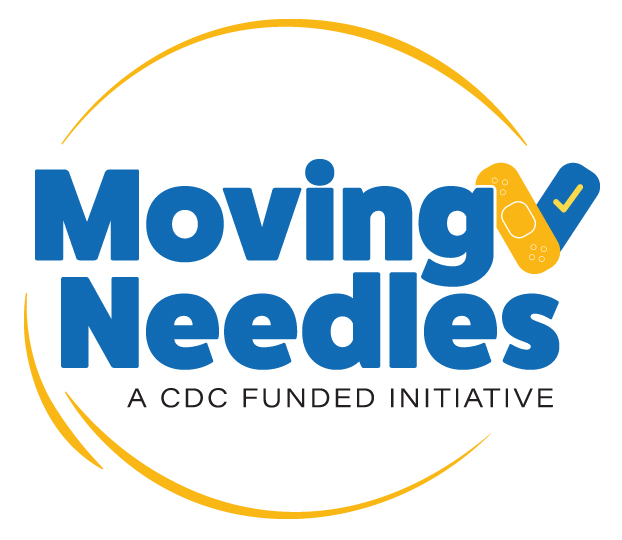Background
Family and friend caregivers play significant roles in advocating for and ensuring quality health and social care of residents in Assisted Living (AL) homes. However, little is known about how the COVID-19 pandemic and related visitor restrictions affected their health and mental well-being. We examined the prevalence and correlates of anxiety and depressive symptoms among caregivers of AL residents during the initial wave of COVID-19 in two Canadian provinces.
Methods
A cross-sectional web-based survey was conducted among family/friend caregivers of AL residents in Alberta and British Columbia (Oct 28, 2020-Mar 31, 2021) to collect data on their sociodemographic, health and caregiving characteristics, as well as concerns about residents’ health and social care before and during the first wave of the pandemic. A clinically significant anxiety disorder and depressive symptoms were assessed with the GAD-7 and CES-D10 instruments, respectively. Separate multivariable (modified) Poisson regression models identified caregiver correlates of each mental health condition.
Results
Among the 673 caregivers completing the survey (81% for Alberta residents), most were women (77%), white (90%) and aged ≥ 55 years (81%). Clinically significant anxiety and depression were present in 28.6% and 38.8% of caregivers respectively. Both personal stressors (comorbidity level, income reduction, low social support) and caregiving stressors exacerbated by the pandemic were independently associated with caregiver anxiety and depression. The latter included increased concern about the care recipients’ depression (adjusted risk ratio [adjRR] = 1.84, 95% confidence interval [CI] 1.19-2.85 for caregiver anxiety and adjRR = 1.75, 95% CI 1.26-2.44 for caregiver depressive symptoms) and reported intention to withdraw the resident from AL because of COVID-19 (adjRR = 1.24, 95%CI 0.95-1.63 for caregiver anxiety and adjRR = 1.37, 95%CI 1.13-1.67 for caregiver depressive symptoms).
Conclusions
Caregivers of residents in AL homes reported significant personal and caregiving-related stressors during the initial wave of COVID-19 that were independently associated with an increased likelihood of experiencing clinically significant anxiety and depressive symptoms. Healthcare providers and AL staff should be aware of the prevalence and varied correlates of caregivers’ mental health during public health crises so that appropriate screening and support may identified and implemented.


